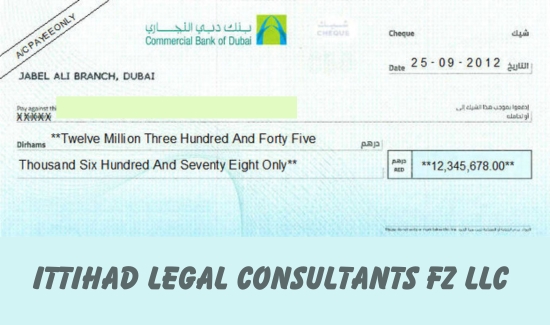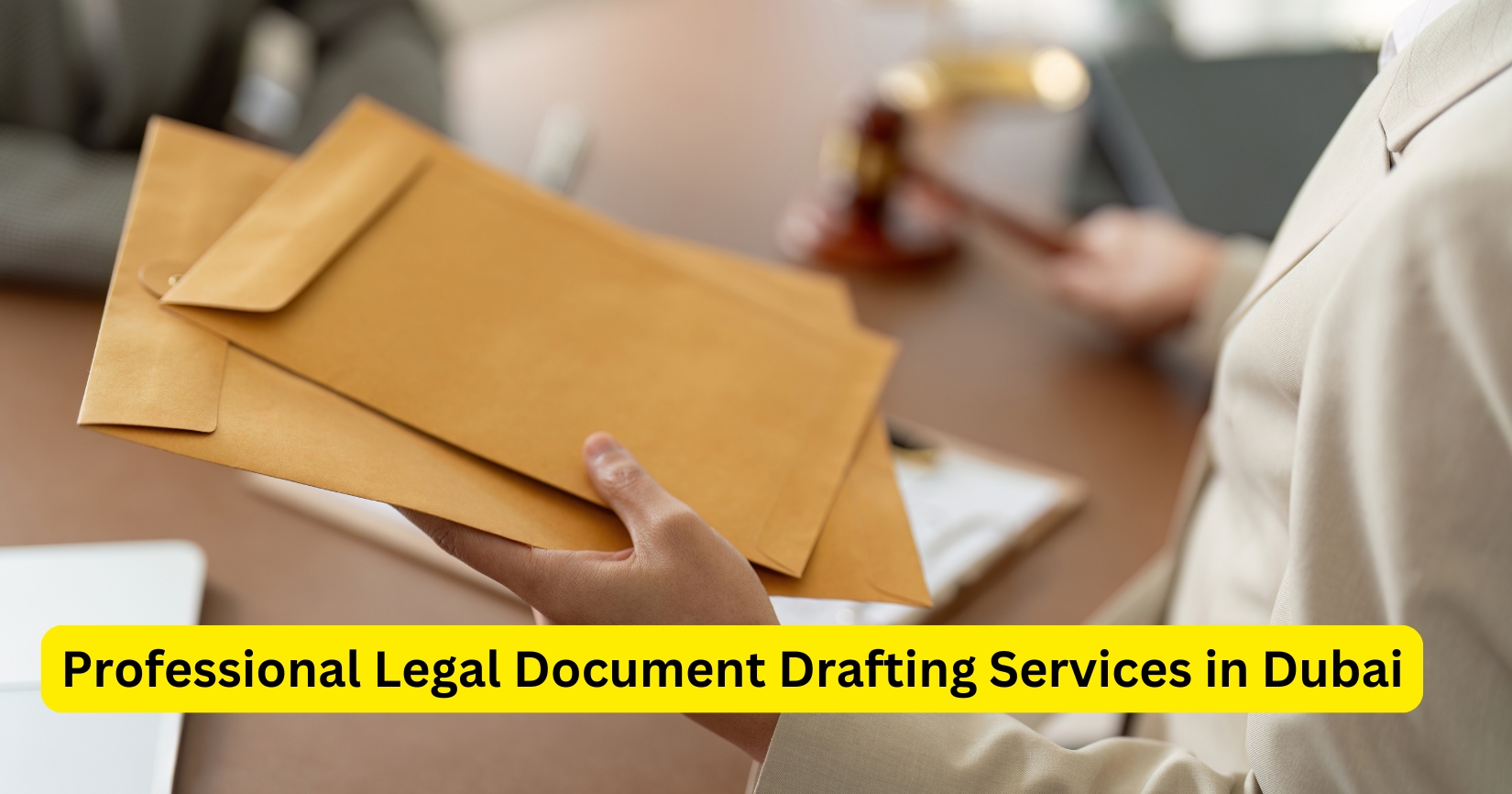Cheque bounce cases are common in the United Arab Emirates, and understanding the right time to file such a case can be crucial for a successful outcome. This piece offers a thorough instruction manual to help individuals navigate the process, covering essential aspects such as legal timelines, documentation requirements, and the influence of various factors.
Table of Contents
ToggleUnderstanding Cheque Bounce Cases
What is a Cheque Bounce Case?
A cheque bounce case occurs when a cheque issued by a drawer is returned unpaid due to insufficient money or other reasons by the bank
reasons. They put the payee in a difficult position, and legal recourse becomes necessary.
Legal Implications
The UAE legal system takes cheque bounce cases seriously, as they impact financial stability and trust within the business community. Both civil and criminal liabilities may arise from such situations.
Common Causes of Cheque Bounce
Understanding why cheques bounce is essential. It can range from simple oversight to the drawer’s more serious financial difficulties.

Timelines and Deadlines
Issuance of Notice
Before filing a case, issuing a legal notice to the drawer is crucial, informing them of the bounced cheque and demanding payment. They serve as a formal warning.
Filing a Complaint
The payee can submit a complaint to the
appropriate authorities if the notice doesn’t yield results. Understanding the legal process duration is vital.
Factors Affecting the Timing
Nature of Transaction
The nature of the transaction and the parties involved can influence when to file a cheque bounce case. Certain situations may warrant immediate action, while others allow for more flexibility.
Relationship with the Drawer
The existing relationship between the payee and the drawer is an essential factor. Sometimes, an amicable resolution may be sought before pursuing legal action.
Statute of Limitations
Awareness of the statute of limitations governing cheque bounce cases is essential. It may result in the case being dismissed before taking action.
Documentation and Evidence
Necessary Documents
The necessary documents, including the bounced cheque, legal notice, and communication with the drawer, are crucial for building a solid case.
Gathering Evidence
In addition to documents, gathering evidence such as correspondence, bank statements, and witness statements can significantly strengthen the case.
Choosing the Right Legal Route
Civil vs. Criminal Proceedings
Deciding between civil and criminal proceedings depends on the case’s specific circumstances. Each has its advantages and disadvantages that should be considered.
Advantages and Disadvantages
Civil proceedings may offer a faster resolution, while criminal proceedings may result in more severe penalties for the drawer. Consulting legal counsel is recommended.
Seeking Legal Advice
Importance of Legal Counsel
Using the services of a knowledgeable attorney is
crucial in navigating the complexities of a cheque bounce case. They can provide expert advice and representation throughout the process.
Selecting the Right Lawyer
Choosing a lawyer with expertise in UAE financial laws and a track record of successful cheque bounce cases is essential for a favorable outcome.

Steps to Follow in Filing a Cheque Bounce Case
Issuing a Legal Notice
Drafting and sending a clear and legally sound notice to the drawer is the initial step in initiating a cheque bounce case.
Filing a Complaint
If the notice is ignored or the issue remains unresolved, the payee can proceed to file a formal complaint with the appropriate authorities.
Preparing for Court
Building a Strong Case
A well-prepared case includes thorough documentation, compelling evidence, and a clear legal strategy. Anticipating counterarguments is also essential.
Anticipating Counterarguments
Understanding potential counterarguments from the opposing party allows for better preparation and a more effective defense.
Assembling Witnesses
Identifying and preparing witnesses who can testify in favor of the payee’s case strengthens the overall argument.
The Role of Mediation and Negotiation
Out-of-Court Settlements
Exploring options for out-of-court settlements can be beneficial, as they may lead to a faster and less adversarial resolution.
Mediation Process
Mediation provides a platform for both parties to discuss and negotiate a settlement under the guidance of a neutral third party.
Recent Changes in UAE Cheque Bounce Laws
Amendments and Implications
Staying informed about recent changes in UAE laws regarding cheque bounce cases is crucial for ensuring compliance and understanding potential impacts on the case.

Consequences of a Successful Case
Legal Remedies for the Payee
A successful case can result in various legal remedies, including recovering the cheque amount, plus interest and legal expenses.
Penalties for the Drawer
Depending on the circumstances surrounding the bounced cheque, the drawer may face penalties, including fines and potential criminal charges.
Avoiding Cheque Bounce Situations
Best Practices for Financial Transactions
Implementing best practices in financial transactions, such as verifying funds before accepting a cheque, can help prevent future cheque bounce situations.
Due Diligence
Performing due diligence in business transactions, including assessing the financial stability of parties involved, is a proactive approach to avoiding cheque bounce cases.








